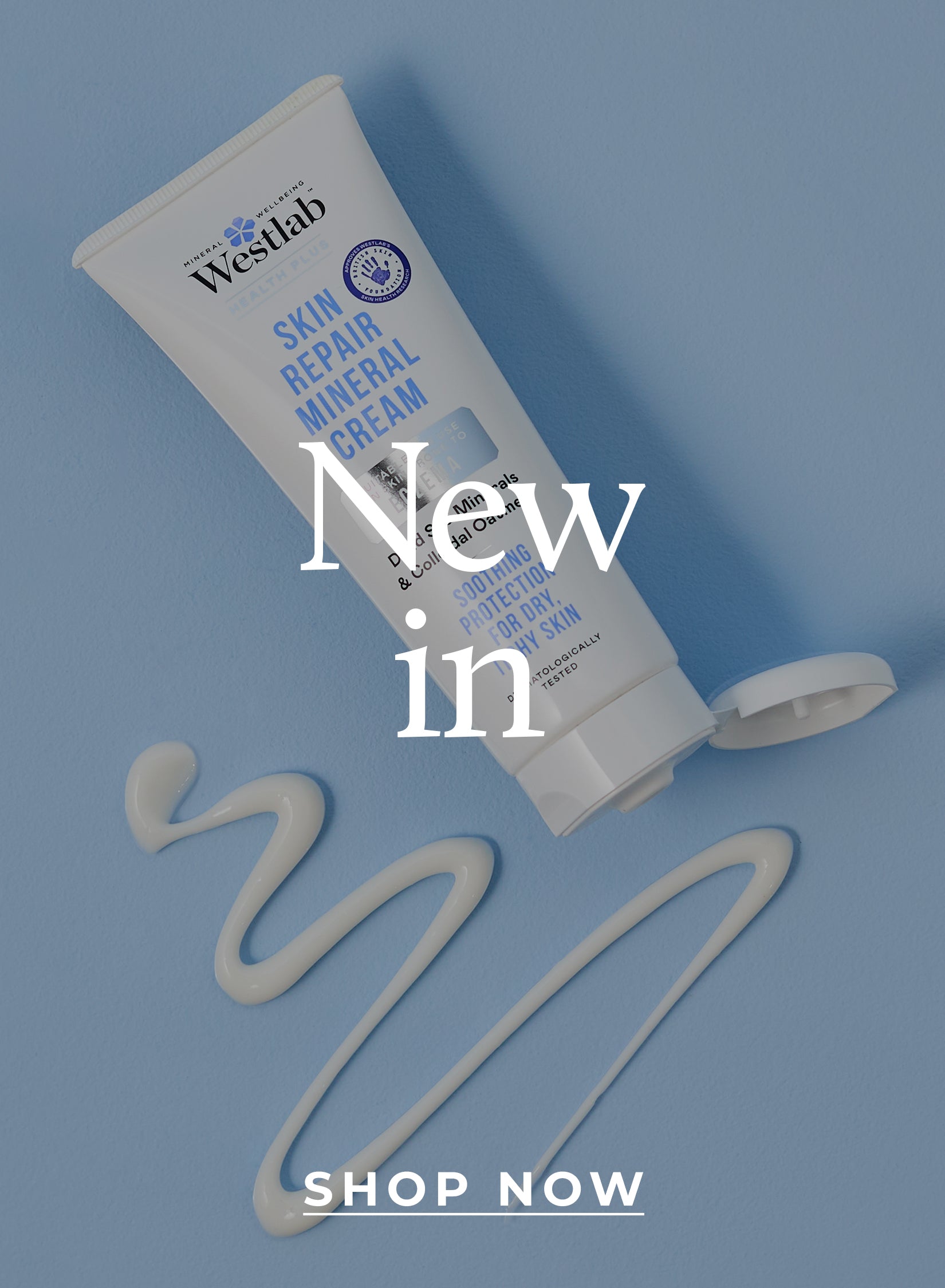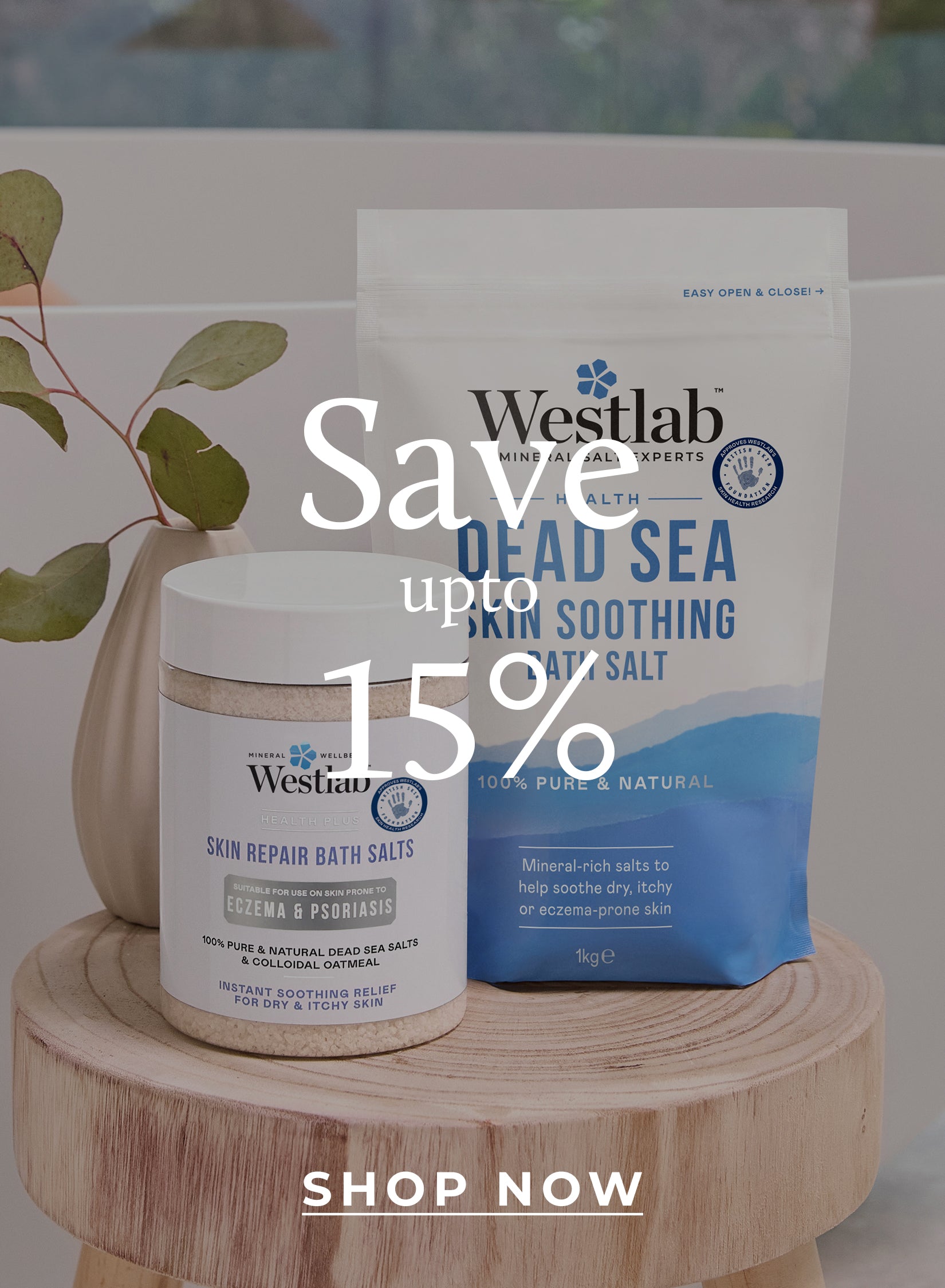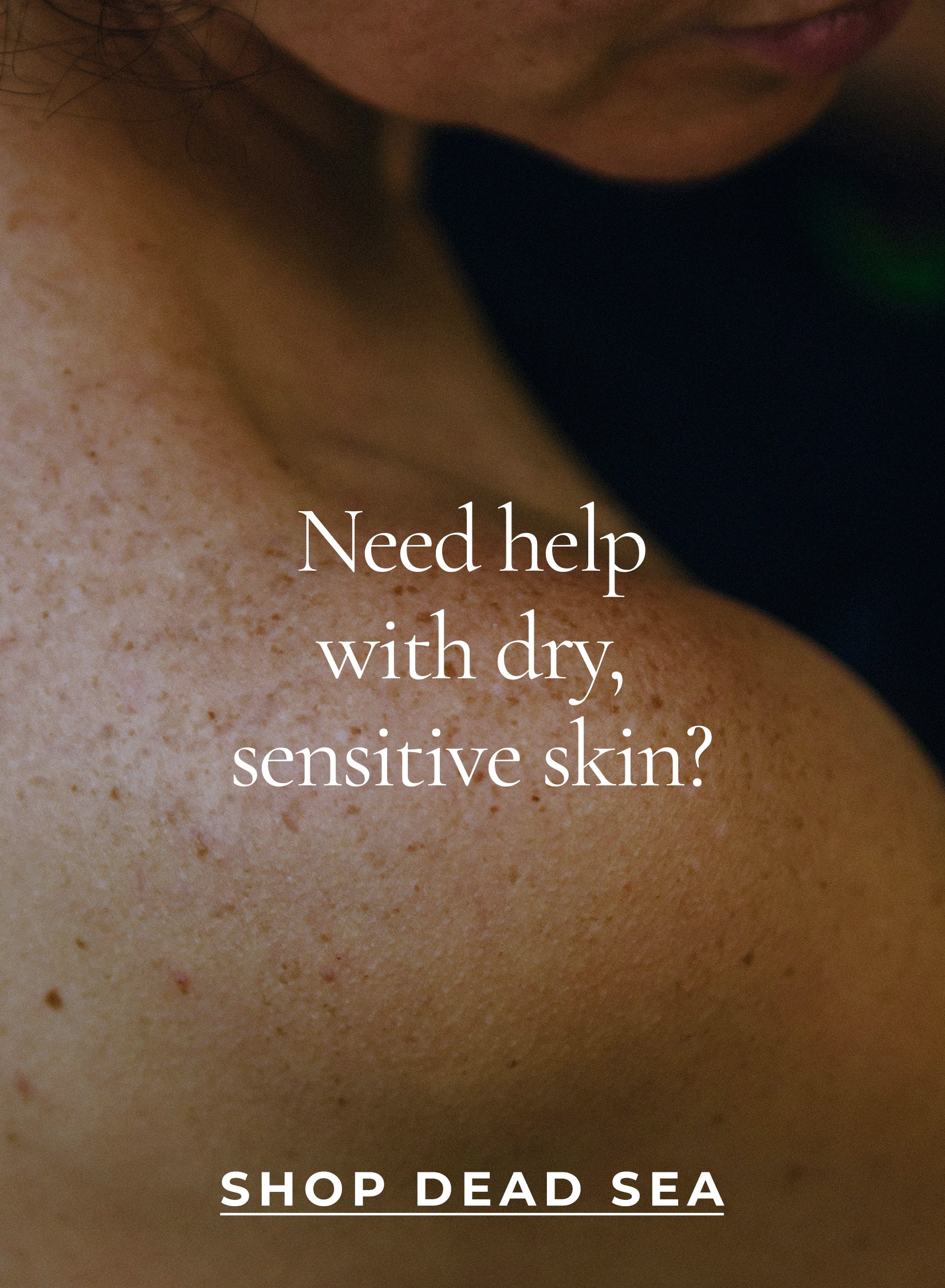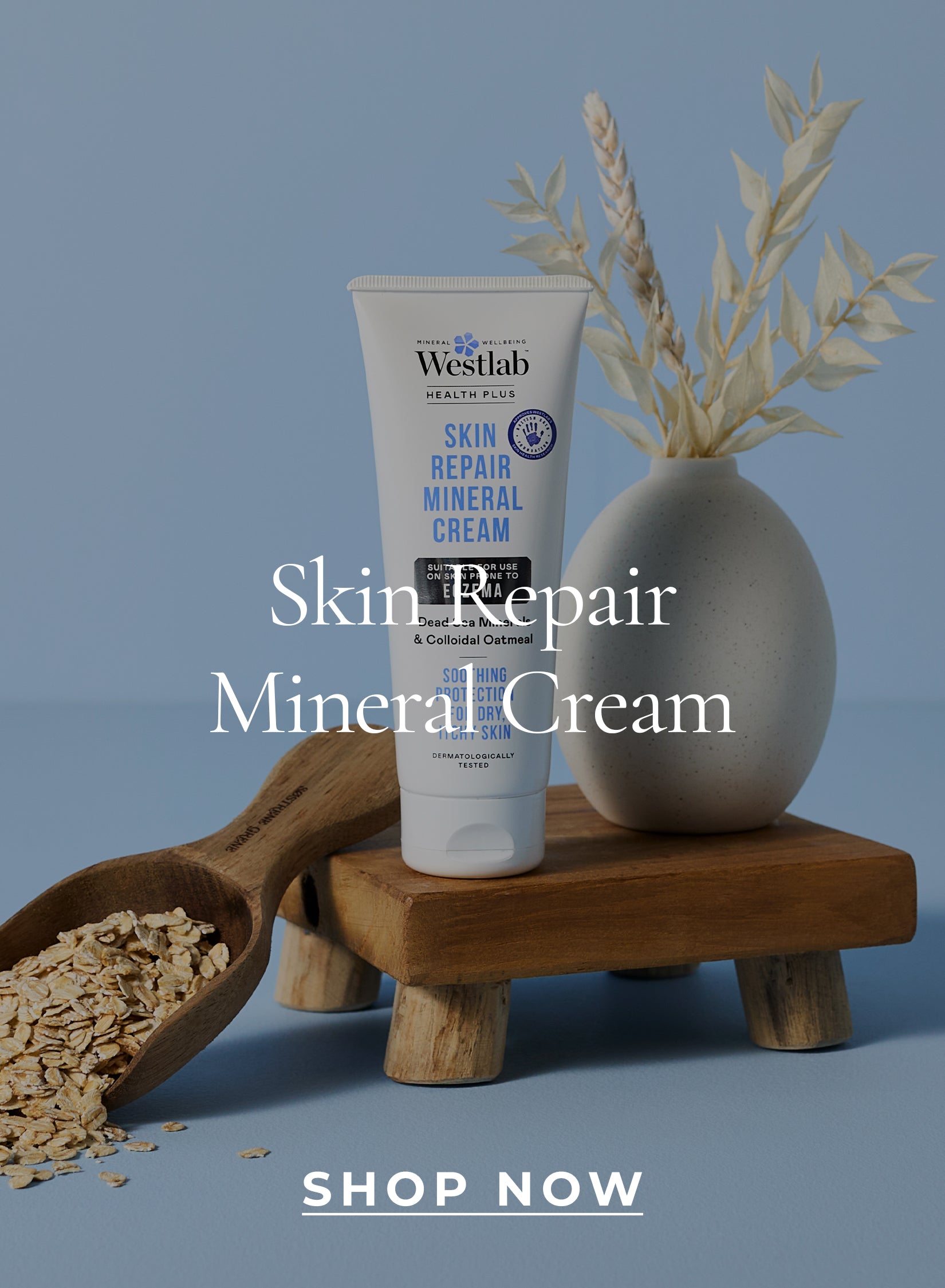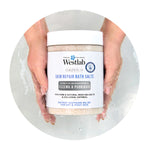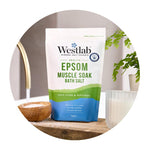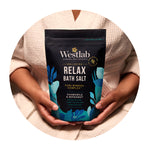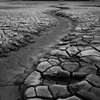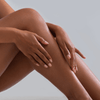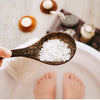The challenges of living with Eczema

Eczema is a condition that affects daily life in many different ways. For those who haven’t experienced Eczema it can be hard to understand the impact it can have on daily wellbeing. From the discomfort of the tightness and itch and additional energy needed to prevent scratching. To managing skincare, diet and the normal daily activities.
It’s an ongoing journey, and a road filled with ups and downs. It’s hard not to be disheartened when you think things are under control, then a flare-up comes from out of the blue.
There will be a trigger, but finding it can be like looking for a needle in a haystack. With so much conflicting advice it can also be hard to know where to turn.
One of the hardest things when on my family’s eczema journey was that what might work for one person can be a trigger for another. And also that things change over time and can stop working. It’s like there isn’t a definitive rulebook for Eczema. That can leave us feeling helpless and disheartened.
What I have discovered from talking with our community and experts over the years though, is that there seems to be a common thread. Our skin barrier and the role it plays in eczema treatment and management.
How does a damaged skin barrier affect Eczema?
The skin barrier is the outermost layer of our epidermis and its microbiome. Which protect the lower layers of the skin. Keeping things supple, healthy and hydrated.
Studies show when the skin barrier is damaged it loses moisture. This allows irritants to penetrate the skin more easily. This is why you may find that when your skin is dryer it also becomes more sensitive to triggers such as allergens and cosmetics.
The irritation and inflammation can cause intense itching which is very hard not to scratch. However, scratching the skin causes even more damage to the skin barrier. Which results in more irritation and thus more scratching. We refer to this as the itch-scratch cycle.
What causes skin barrier damage?
Some common causes of everyday skin barrier damage can be our environment and the products that come into contact with our skin:
- Air conditioning & central heating dehydrate the skin, causing excess dryness.
- Pet fur, pollen and dust are common trigger for atopic skin reactions which result in itching and barrier damage.
- Harsh exfoliants, over-exfoliating, and skin-peels can damage the surface of the epidermis.
- Allergens from soaps, cosmetics and laundry cleansers irritate and dry out the skin.
- SLS/SLES (Sodium laurel/laureth sulphate) in shower gel, shampoo and bubble bath disrupt the barrier and cause skin dryness.
- Hand sanitisers – since the pandemic there’s been an increase in the unavoidable regular use of alcohol-based hand sanitisers causing skin irritation and barrier damage. This has been an additional challenge for the eczema community in recent years.
How can we protect and repair our skin barrier?
Although damage to the skin barrier cannot be completely avoided, we can take extra precautions to protect it from damage and help with skin barrier repair.
One of the easiest ways to do this is to add Dead Sea Salts for eczema to your bath a few times a week. Westlab Dead Sea Salts have been proven to be microbiome-friendly while naturally protecting and restoring the skin barrier. The unique benefit of Dead Sea Salts for eczema prone skin is that they contain soothing, skin-barrier friendly minerals in natural abundance, and the bath is the easiest and most effective way to nourish your skin with these minerals in their purest form.
- Magnesium – is soothing and anti-inflammatory
- Potassium – balances skin moisture and hydration
- Calcium - regulates healthy cell turnover
- Sodium – is deep cleansing and purifying
Another way to maintain a healthy skin barrier is to avoid the use of Sodium Lauryl Sulphate (SLS) and Sodium Laureth Sulphate (SLES). These lathering agents are very commonly used in shower gel, shampoo, bubble bath and even in eczema bath products. Not only are they known to cause skin dryness, they also can damage the skin barrier.
Dead Sea Bath & Shower Gel
Our Dead Sea bath & shower gel for eczema has been formulated to protect and maintain the skin barrier without causing dryness or irritation. Free from SLS/SLES and infused with Dead Sea Salt, it also gently moisturises the skin and can be used as a bubble bath for eczema.
These award-winning, clinically-proven natural products help leave your skin feeling softer, smoother, calmer and more comfortable. Try for 30 days and see if you can feel the difference.
Colloidal Oatmeal is also very effective for protecting the skin barrier and soothing the skin. You can experiment in creating your own eczema bath soak by blending colloidal oatmeal alongside Dead Sea Salts for eczema soothing goodness. With some Dead Sea Bath & Shower gel too for the ultimate DIY home-spa treatment for naturally softer, more supple skin.


